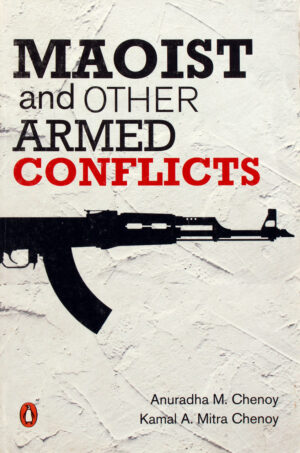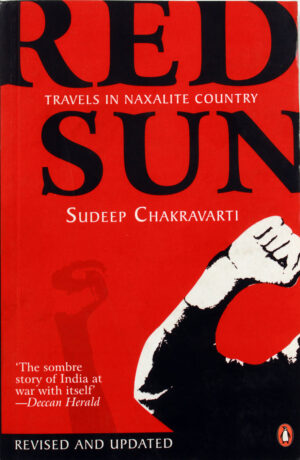Filter
One-sixth of all Indians today live in areas of armed conflict. Seeking solutions, this book is a holistic examination of present armed conflicts as well as the past ones in Punjab and Mizoram, illuminating their common roots, as well as the responses of the state and civil society. The authors show how insurgencies are propelled by a complex mix of issues: the denial of justice and rights, identity concerns, and the breakdown of the social and symbolic order, rather than merely poverty and lack of education. Draconian laws like the Armed Forces (Special Powers) Act and measures like encounters, crackdowns and Salwa Judum aggravate the sense of collective victimhood and feelings of alienation from the national community.
In 1967, Naxalbari, a village in West Bengal, became the centre of a Mao inspired militant peasant uprising guided by firebrand intellectuals. Today, Naxalism is no longer the Che Guevara-style revolution that it was. Spread across 15 of India’s 28 states, it is one of the world’s biggest, most sophisticated extreme-Left movements, and feeds off the misery and anger of the dispossessed. Since the late 1990s, hardly a week has passed without people dying in strikes and counter-strikes by the Maoists – interchangeably known as the Naxalites – and police and paramilitary forces.
In this disturbing examination of the ‘Other India’, Sudeep Chakravarti combines political history extensive interviews and individual case histories as he travels to the heart of Maoist zones in the country: Chhattisgarh (home to the controversial state-sponsored Salwa Judum programme to contain Naxalism), Jharkhand, West Bengal, Karnataka and Andhra Pradesh (where a serving chief minister was nearly killed in a landmine explosion triggered by the Naxalites). He meets Maoist leaders and sympathizers, policemen, bureaucrats, politicians, security analysts, development workers, farmers and tribals – people, big and small, who comprise the actors and the audience in this war being fought in jungles and impoverished villages across India. What emerges is a sobering picture of a deeply divided society, and the dangers that lie ahead for India.


